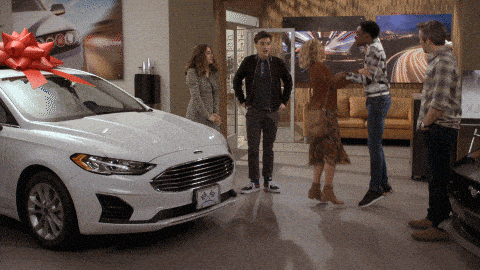- The Crunch
- Posts
- US car loan payments reach a record high
US car loan payments reach a record high
A combination of rising interest and costly inventory pushes vehicle affordability to the brink
What's the story?
US car buyers are facing unprecedented loan payments, with a staggering one in five borrowers owing at least $1,000 a month. This surge in payments is the result of rising interest rates combined with high vehicle costs. The increased financing cost poses a challenge for car manufacturers, as customers start to gravitate towards less expensive models, sidelining the more profitable trucks and SUVs. Interest rates rises have dampened many areas of the consumer economy, impacting everything from mortgages to credit cards. As a result, the third quarter saw average car loan interest rates touch 7.4%, the highest since 2007. The average US monthly car payment reached a record $736. 🚗
What does this mean?
While cars, trucks, and SUVs continue to sell, primarily due to a pent-up demand from the pandemic-induced supply crunch, their prices remain high. The situation is further complicated by the current strike by the United Auto Workers union against major Detroit carmakers, which threatens to deplete car supplies. On the other hand, higher prices and increasing interest rates may dent demand. It's not just the consumers feeling the pinch; financial institutions are also reacting. For instance, Ally Financial, a significant player in the car lending business, experienced a 21% decline in consumer car loans in the second quarter compared to the previous year. This challenging environment has prompted some companies to cut costs, affecting their workforce. Simultaneously, a shift in consumer preferences is evident. Compact cars like the Toyota Corolla and Honda Civic are gaining popularity, diverging from the prior trend where US consumers largely favored fully-loaded trucks and SUVs during periods of low interest. This shift parallels the recent rise in fuel prices. 📈
Why should I care?
The current dynamics in the auto industry provide a snapshot into larger economic concerns. Carmakers are trying to lure consumers by offering higher incentives, with discounts reaching an average of $2,365 in August, according to Kelley Blue Book. Despite this, these incentives are still historically low, accounting for just 4.9% of the average transaction price, a noticeable dip from the pre-pandemic norms of about 10%. This demonstrates that while companies are making efforts to cushion the impact of soaring prices and rates for consumers, the relief offered is still considerably less than in more stable times.
